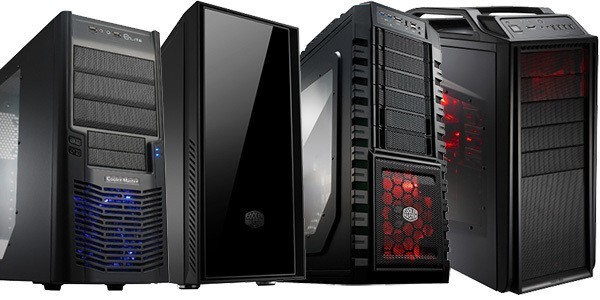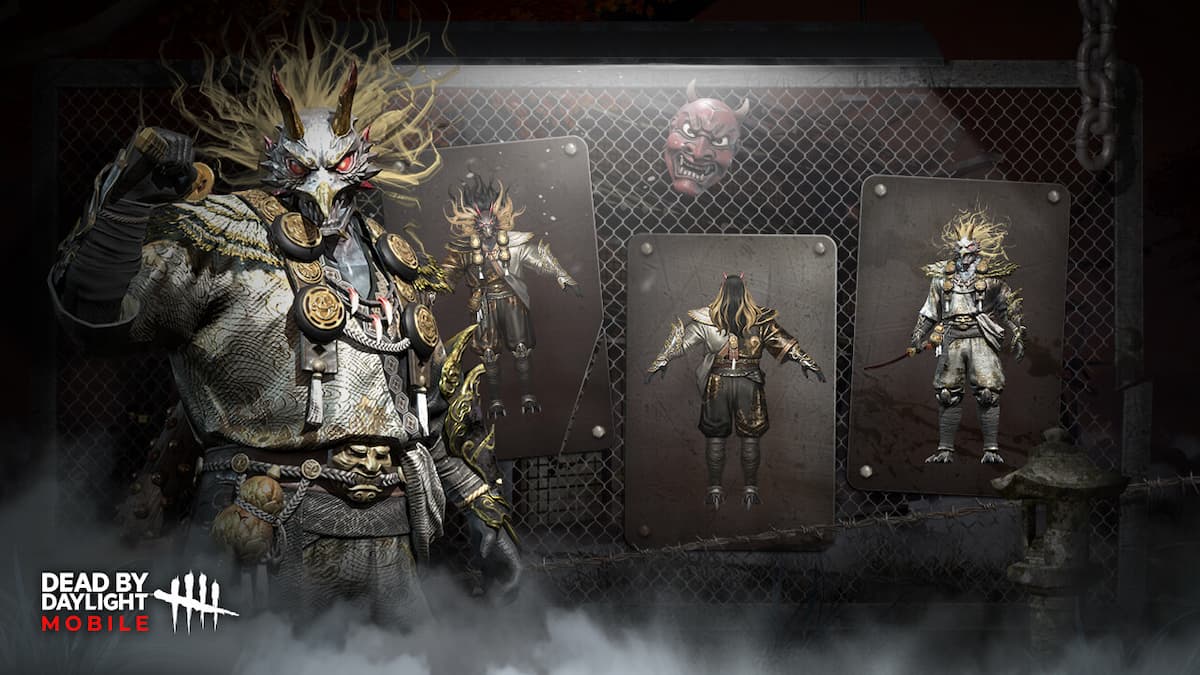PC gaming has seen somewhat of a rebirth; there are tons of great new games launching such as: Overwatch, Fortnite, Shadow Run: Hong Kong, and XCOM 2 to name a few. Now is a great time to build a gaming rig. Unfortunately, maybe you don’t have the cash to build a $1000+ powerhouse. That’s no problem, I can show you how to put together a pretty decent PC for just under $600. So without further ado let’s get started!
Step 1: The Case
The case isn’t just a shell to hold all your parts in, it’ll decide the form factor of the PC you’re building and the amount of room for expansions you’ll be able to put in it. Usually a case can range from $20 to $200+, which makes for a difficult task to find the right case. We don’t want something too cheap that will restrict us from upgrading later, but we also don’t want something too expensive that will take from our budget. So we’re going to go with:
Newegg is selling this part for a very decent price, you’ll get a gamer flair along with an expansive interior. The best part of this case is the ability to fit extra long graphic cards, a key attribute for anyone looking to upgrade down the road. You’ll be able to have six hard drives if necessary and there is a front USB 3.0 port making this a great case for the price.
Step 2: The CPU
You do not want to skimp on this part! The CPU is the brain of the operation, a bad CPU could bottleneck your entire system. So you want to spend a bit more of your money here. There is only two big names to pick from, which is AMD or Intel. Now Intel is the big dog on the market and if you have the money definitely build an Intel rig. Personally I am an AMD fan; their parts are affordable and still give great performance when it comes to games. So in light of this budget build we’re going to go with an AMD CPU.
You can easily skimp on this part and go with Six-core CPU for a little cheaper. But I highly recommend against this, you’re getting a eight-core CPU that will be able to stand strong among many upgrades. It’s great with multitasking and pretty good in gaming.
Step 3: Motherboard
Our next part is also very important to our build. The motherboard is the like the spinal cord, it sends messages to every part on the board. A good motherboard needs to hold up for future upgrades, so don’t buy any last gen hardware. You want to throw a new part in and not worry about your motherboard being unable to handle it.
This motherboard is stable, cheap, and will hold you over with upgrades for some time. I’ve personally used this motherboard in plenty of my builds and have never had a problem. You’ll also get two PCI-Express X16 ports which will allow you to crossfire or SLI two graphics cards. Which will boost performance immensely.
Step 4: Graphics Card
Alright it’s time for the part that will make or break a gaming rig: the graphics card. Without a good graphics card you probably wouldn’t be able to play a simple game of Sims 2. But don’t believe that you need a $1000 graphics card to play games. The beauty of PC games is that you can squeeze a lot out of hardware with simple setting tweaks. Many may not know, but PlayStation 4 or Xbox One are merely games being played on Medium to low high settings on PC. Yes you read right, your powerhouse home consoles have average graphic cards. Ultra PC settings, while amazing, are not necessary to enjoy a PC game. And the beauty of building a PC is that you can upgrade down the line to a better graphics card or even buy the same of what you have and crossfire/ SLI you rig.
This is a pretty decent card, and will run pretty much any game you throw at it. It won’t max out many of the higher end games like Dying Light, or Witcher 3, but it will get the job done and at high settings. And down the line you could crossfire this card and pretty much max out any game out today. The price for performance is unbeatable.
Step 5: Memory
Our next part is vital to multitasking, mods, and game textures. RAM is pretty much what your computer can handle at a given time. With little RAM you’re not doing much but browsing the internet. But with the right amount of RAM you can have as many windows as you want open, or have some pretty high-quality shaders on your Skyrim game.
If you have the extra cash, I’d recommend grabbing another one of these kits and have 16GB of ram. But it’s not make or break for your system. You’ll still be able to handle a lot of stuff and pretty decent textures on your games. For the sake of the budget 8 GB is plenty for this build.
Step 6: Hard Drive
With any budget rig you have to make sacrifices, and unfortunately the hard drive is one of them. While with 1 TB storage you’ll be able to store as much as you need, but your speeds are going to suffer. SSD drives are always the way to go and if you have the extra cash I’d highly recommend going with one. But if you’re trying to stay in budget you’ll be fine with this hard drive. Just prepare for loading screens to take a bit longer and for your files to transfer a little slow too.
Step 7: Optics Drive (Optional)
The next part isn’t really needed anymore, you can easily load anything from a USB stick, and all PC games at this point are digital. If you absolutely need a optics drive they’re pretty cheap at this point, they’ll probably only run you twenty dollars. So for the sake of the budget I’m going to leave one out of this build. If you have one lying around the house, you can easily just put that in to this build and it’ll run just fine.
Step 8: Power Supply
The power supply is a tricky part, if you’re running a monster rig you’ll need very good power supply. But for a mid range unit like this you’ll need an okay power supply. Now again for the sake of the budget I’m going on a weaker power supply that will do just fine for this build. Unfortunately if you’re going to upgrade to a stronger GPU or CPU, you’re going to need to upgrade this unit.
Total: $626.93 after rebates: $586.93
After rebates, we have a gaming rig of under $600. So what about the keyboard and mouse? Gaming keyboards and mice can run you a pretty penny. But you can easily pick a decent set for under $20. Let’s not forget the monitor and operating system. I like to keep the monitor separate from the build cause for one, with HDMI you’ll be able to play this build on your television and two we’re really focusing on the main system. As for the operating system you have a few routes. You can shell out the extra money for Windows 10 or even 8, and you’ll be set. Or you can go free with Linux, which is coming up in the world of gaming, SteamOS itself is running based on Linux. If you want to go the Windows 10 route, I’ll give you a quick tip. You can buy a copy of Windows 7 on Amazon for around $50 and upgrade to Windows 10 free! The free upgrade is only good for a year then you’ll have to pay to upgrade. So I’ll jump on this trick as soon as possible.
Hope you enjoyed this guide. Any questions, feel free to comment below.







Published: Sep 9, 2015 07:32 am